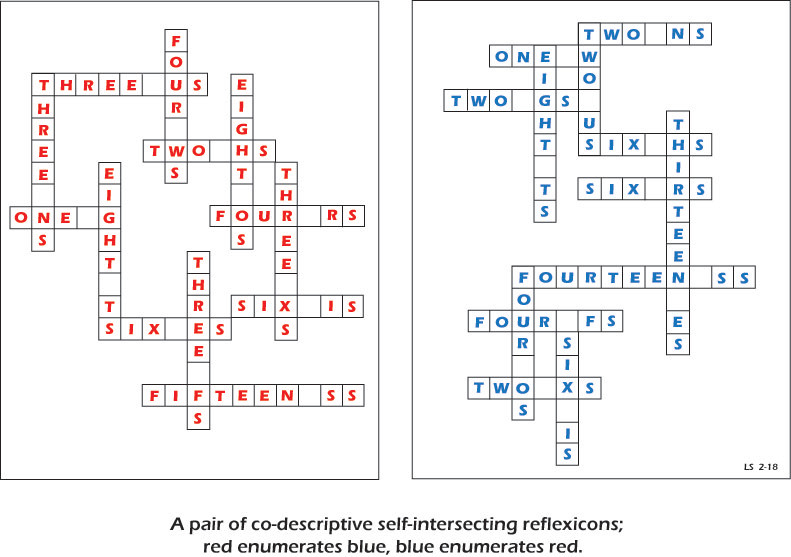From reader Dave King:
A certain young lady of Prinknash
Was looking decidedly thinknash.
Her diet restriction
Had proved an addiction
And caused her to swiftly diminknash.
A hungry young student of Norwich
Went into his larder to forwich.
For breakfast he usually
Had bacon or muesli
But today he would have to have porwich.
An ethical diner at Alnwick
Was suddenly put in a palnwick
“This coffee you’ve made
Are you sure it’s Fair Trade?
And I must insist that it’s orgalnwick!”
A Science don, Gonville and Caius,
Kept body parts in his deep fraius.
He didn’t remember
And one dark November
He ate them with cabbage and paius.
A Frenchman now living at Barnoldswick
Was terribly partial to garnoldswick.
The smell of his breath
Drove one lady to death;
She fell from the ramparts at Harnoldswick.
A forceful young prisoner from Brougham
Was confined to a windowless rougham,
So, venting his feelings,
He bashed through the ceiling,
Dispelling the gathering glougham.
(Thanks, Dave.)


